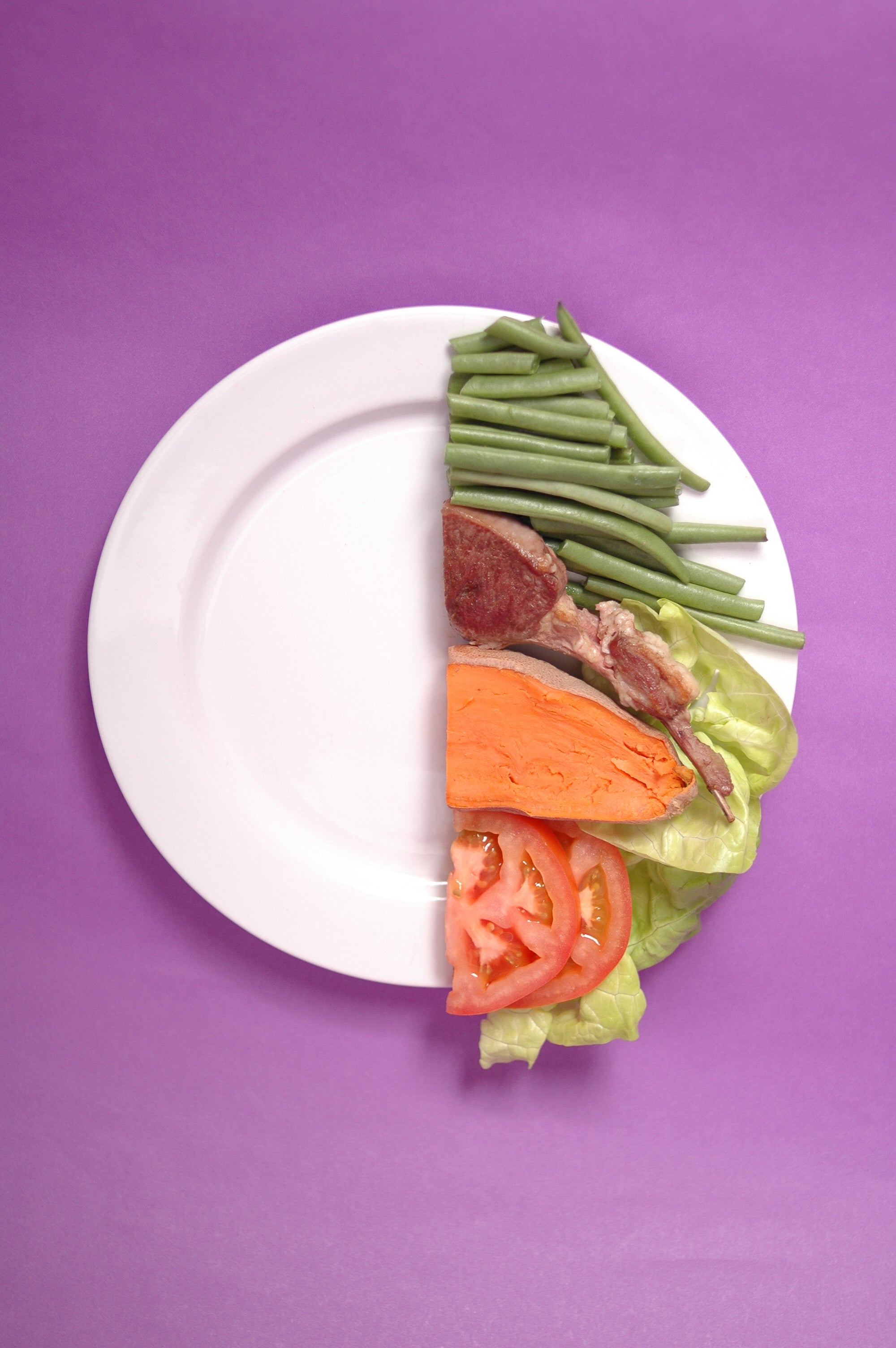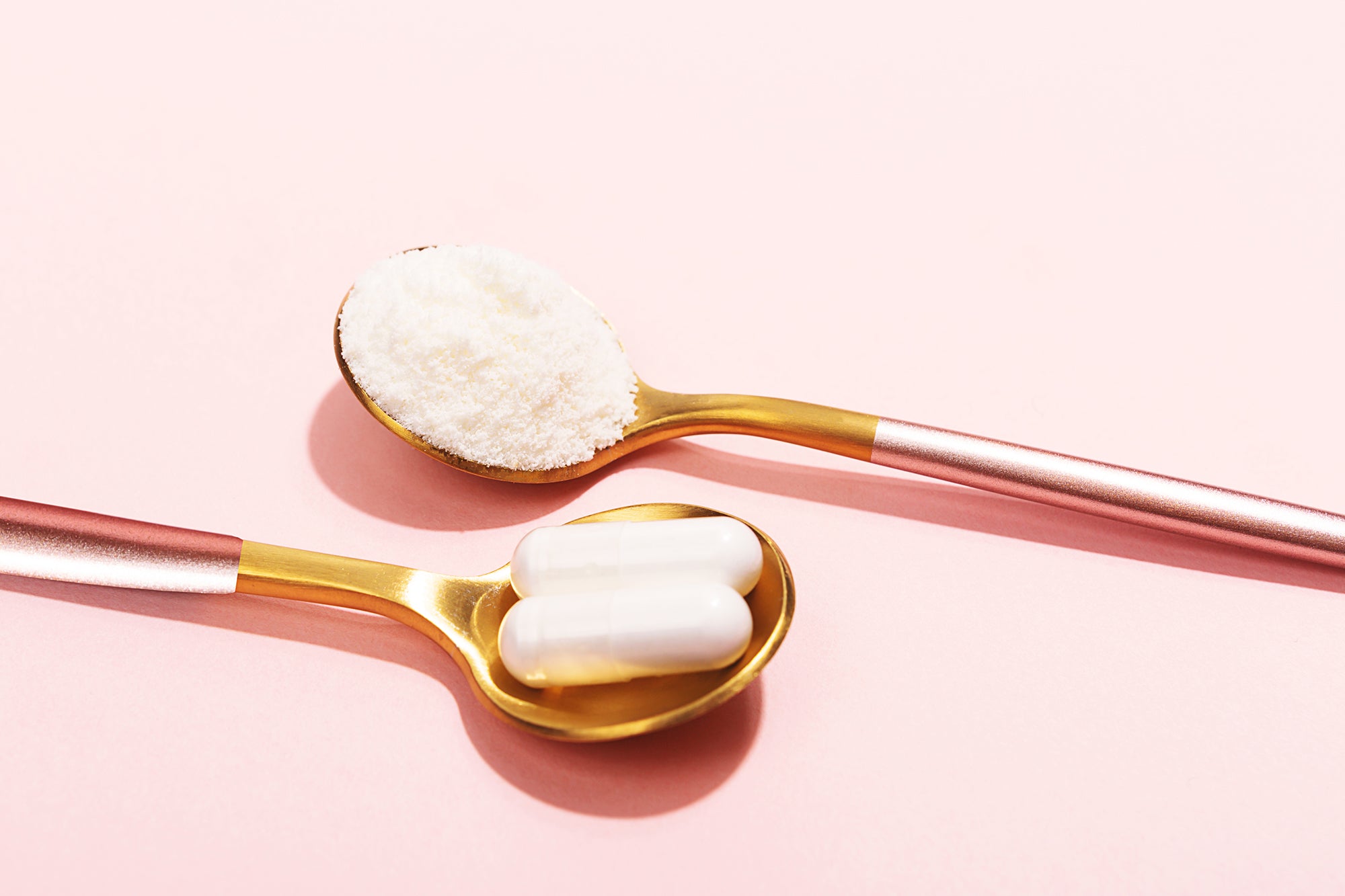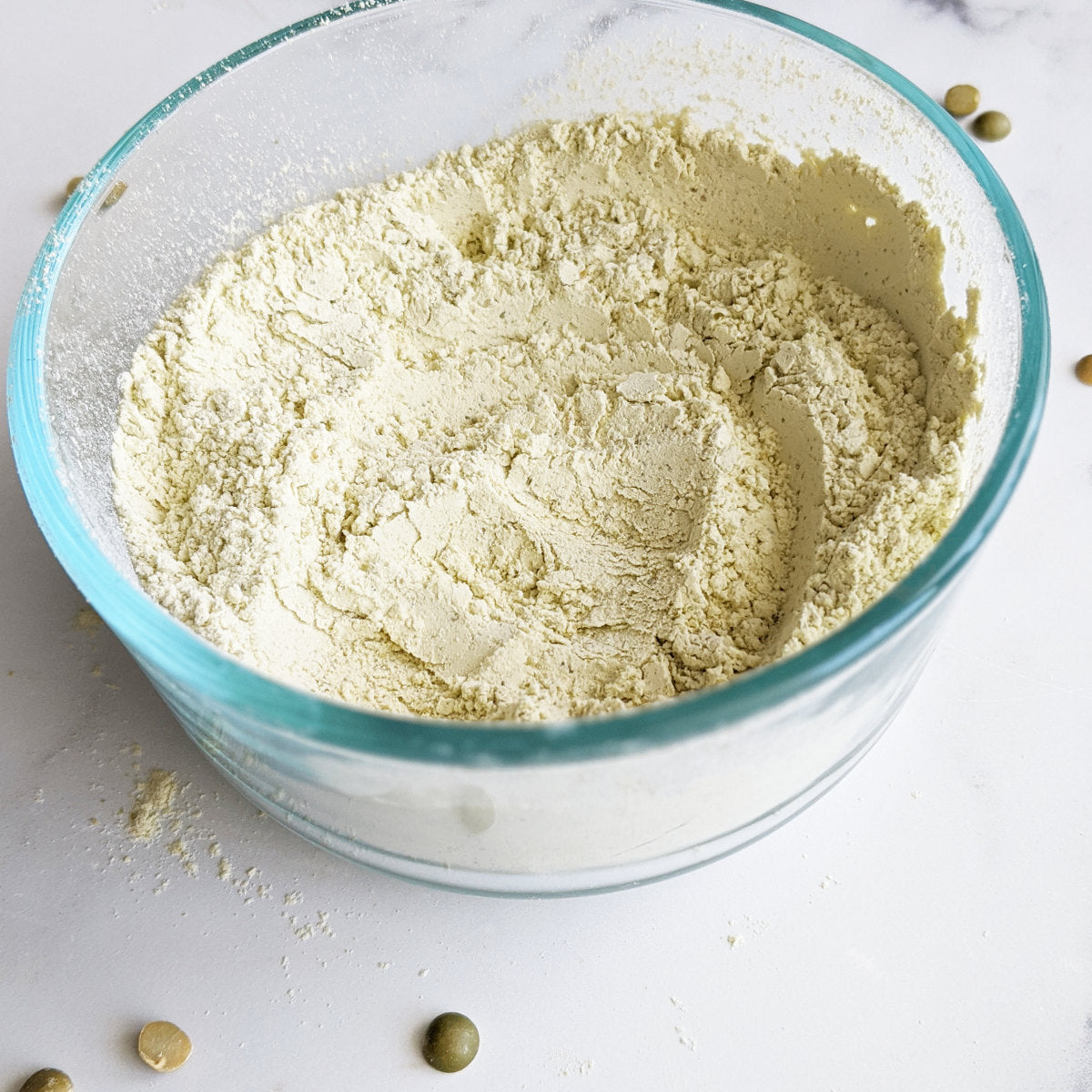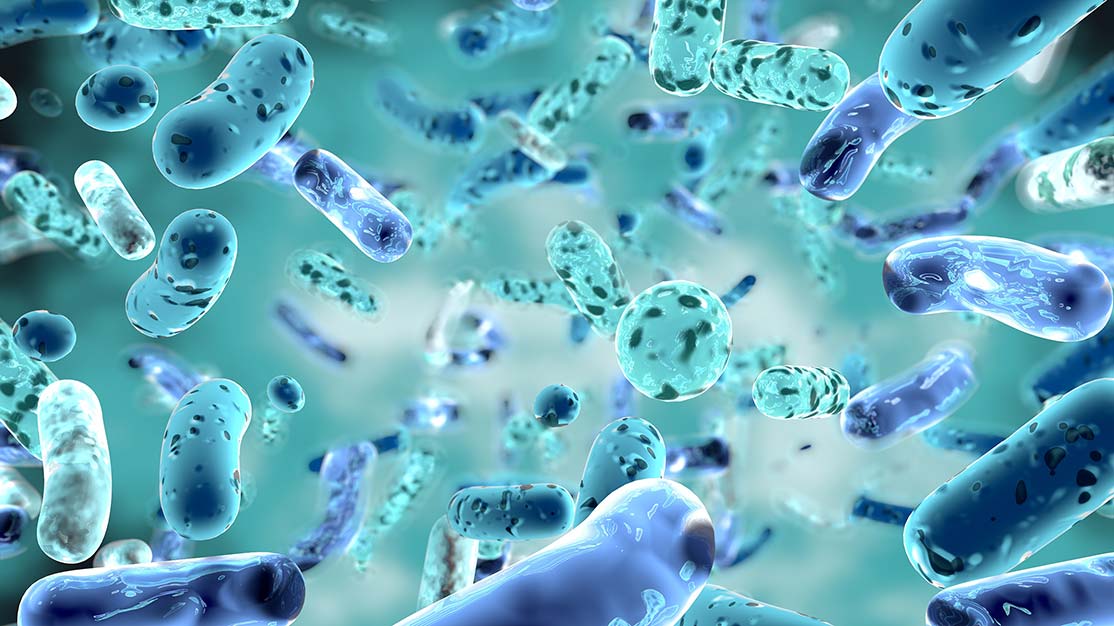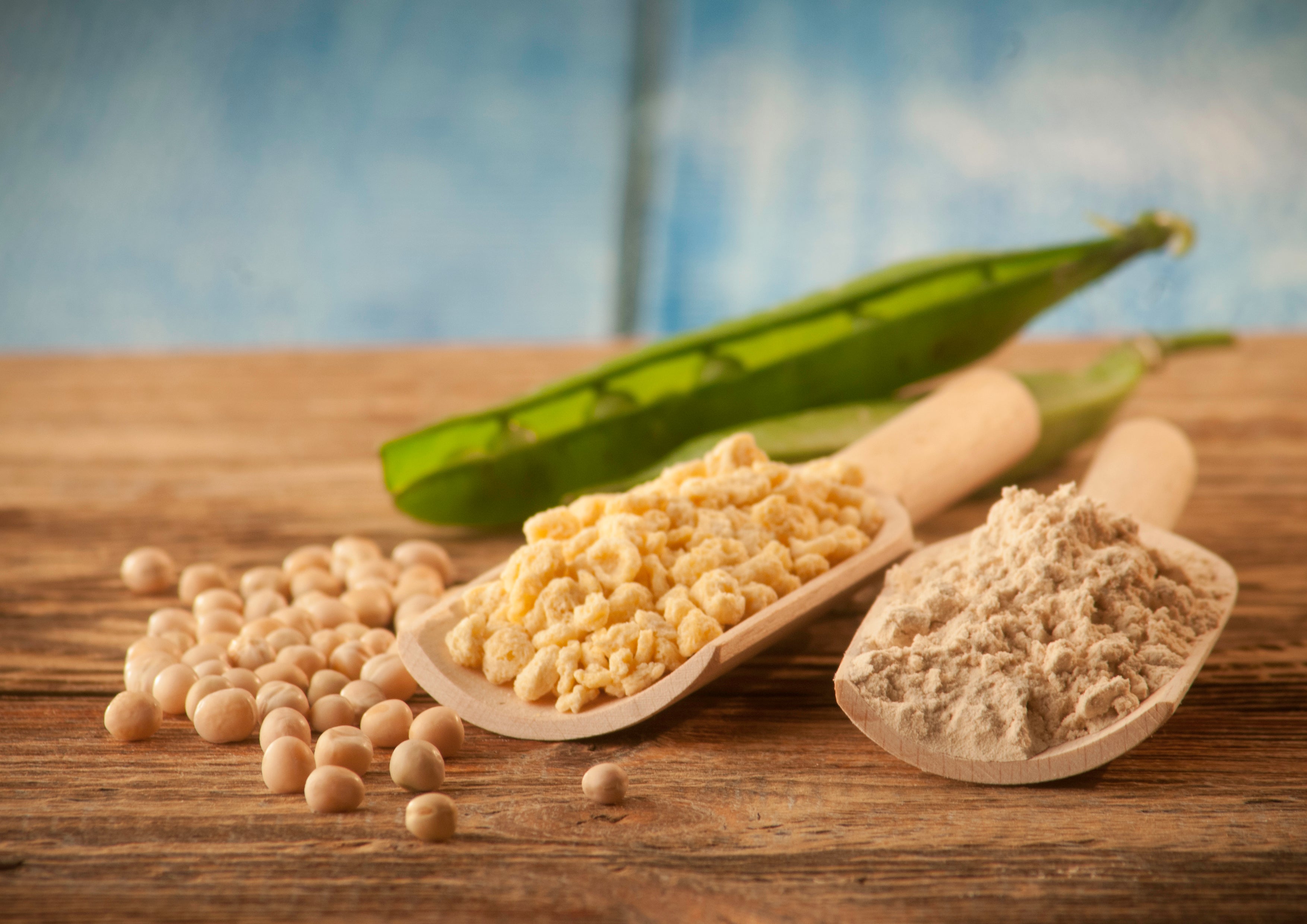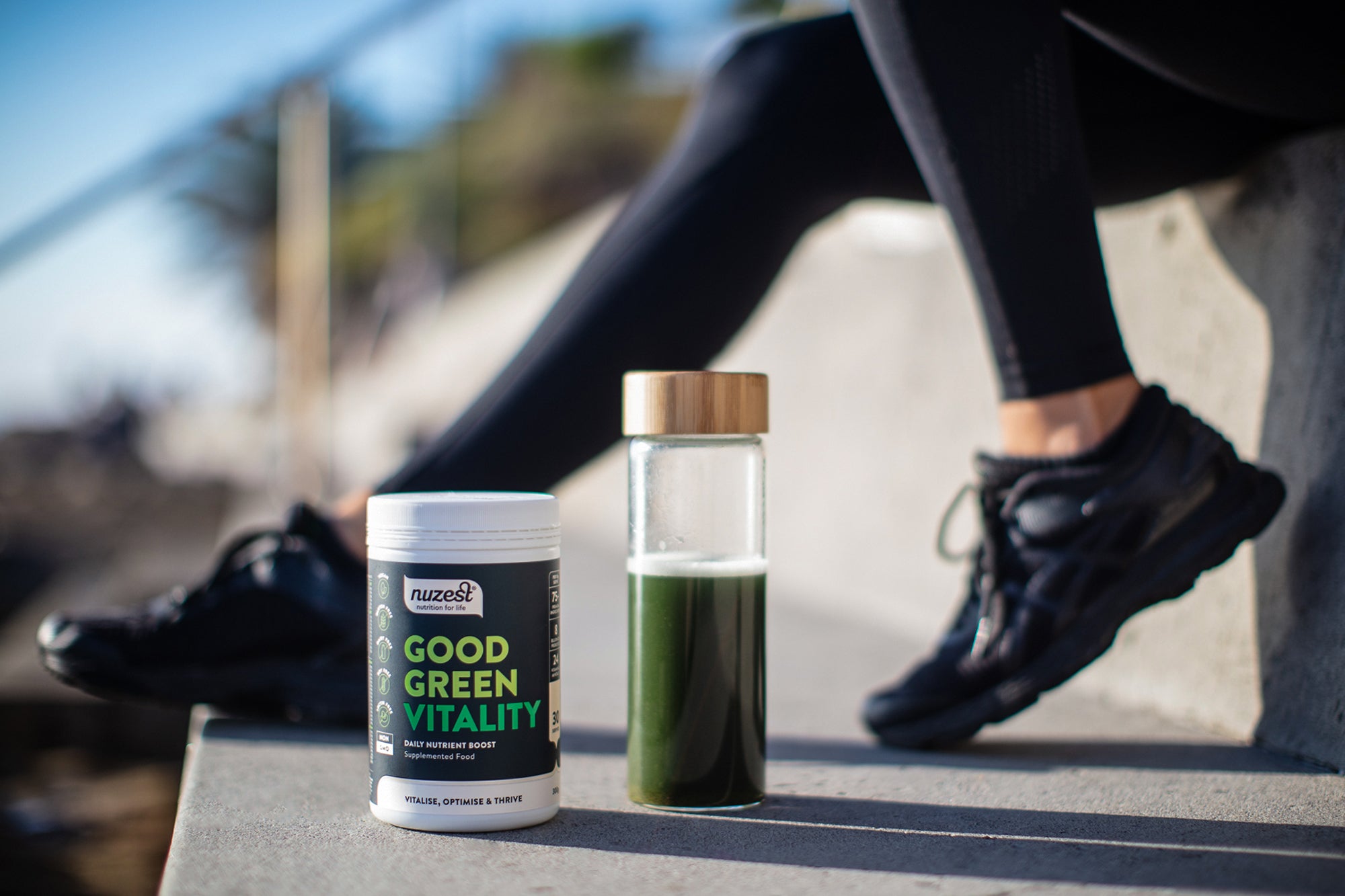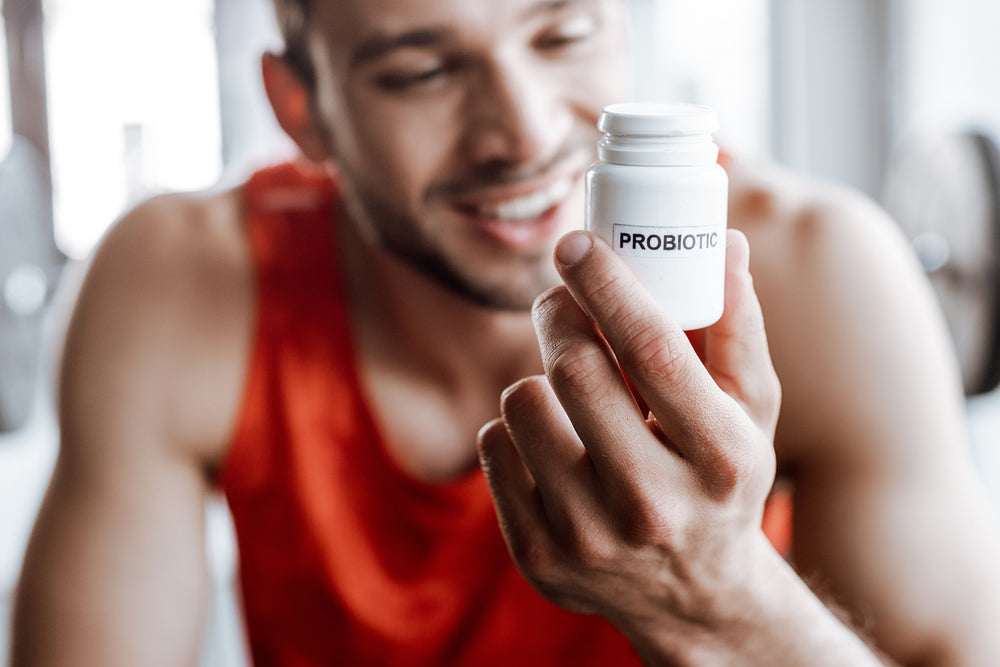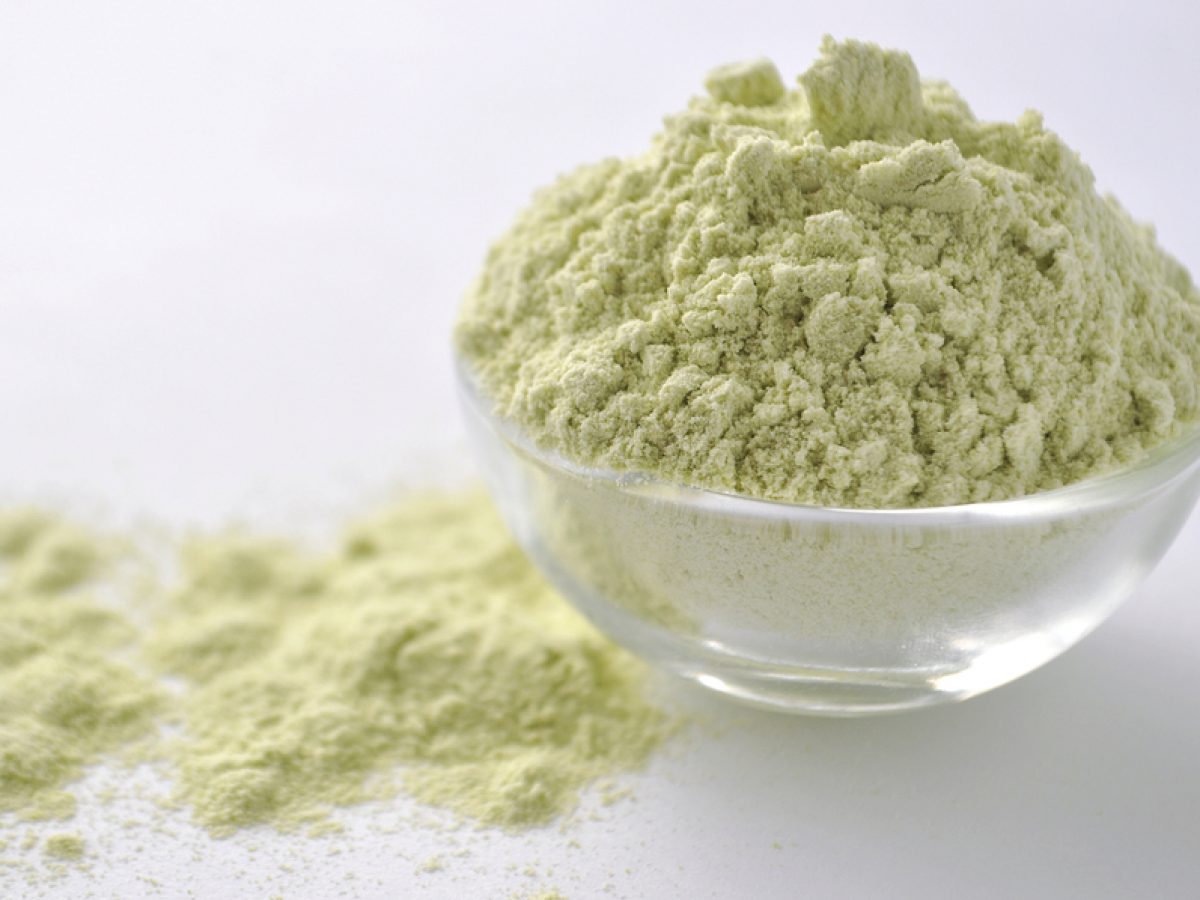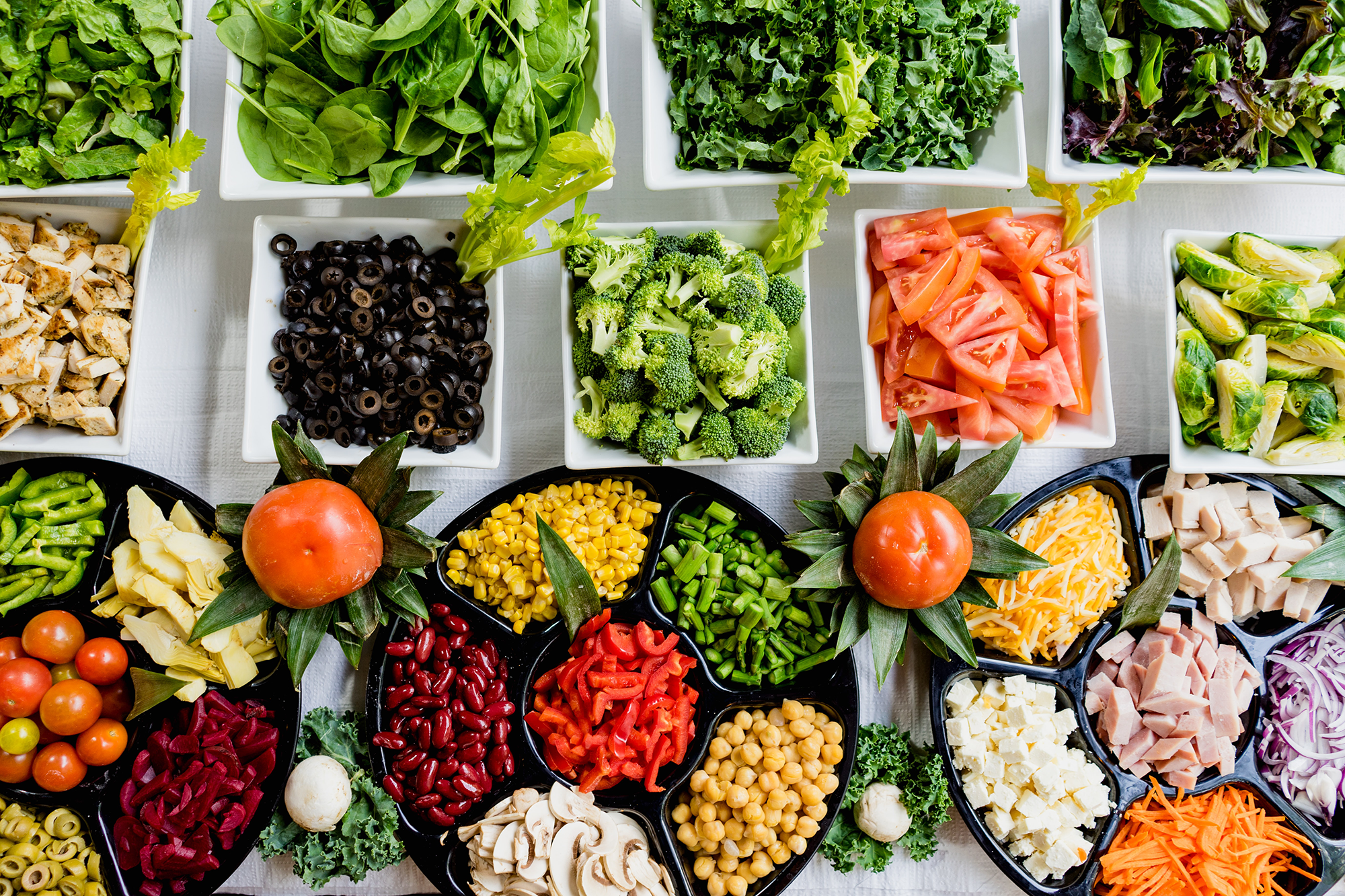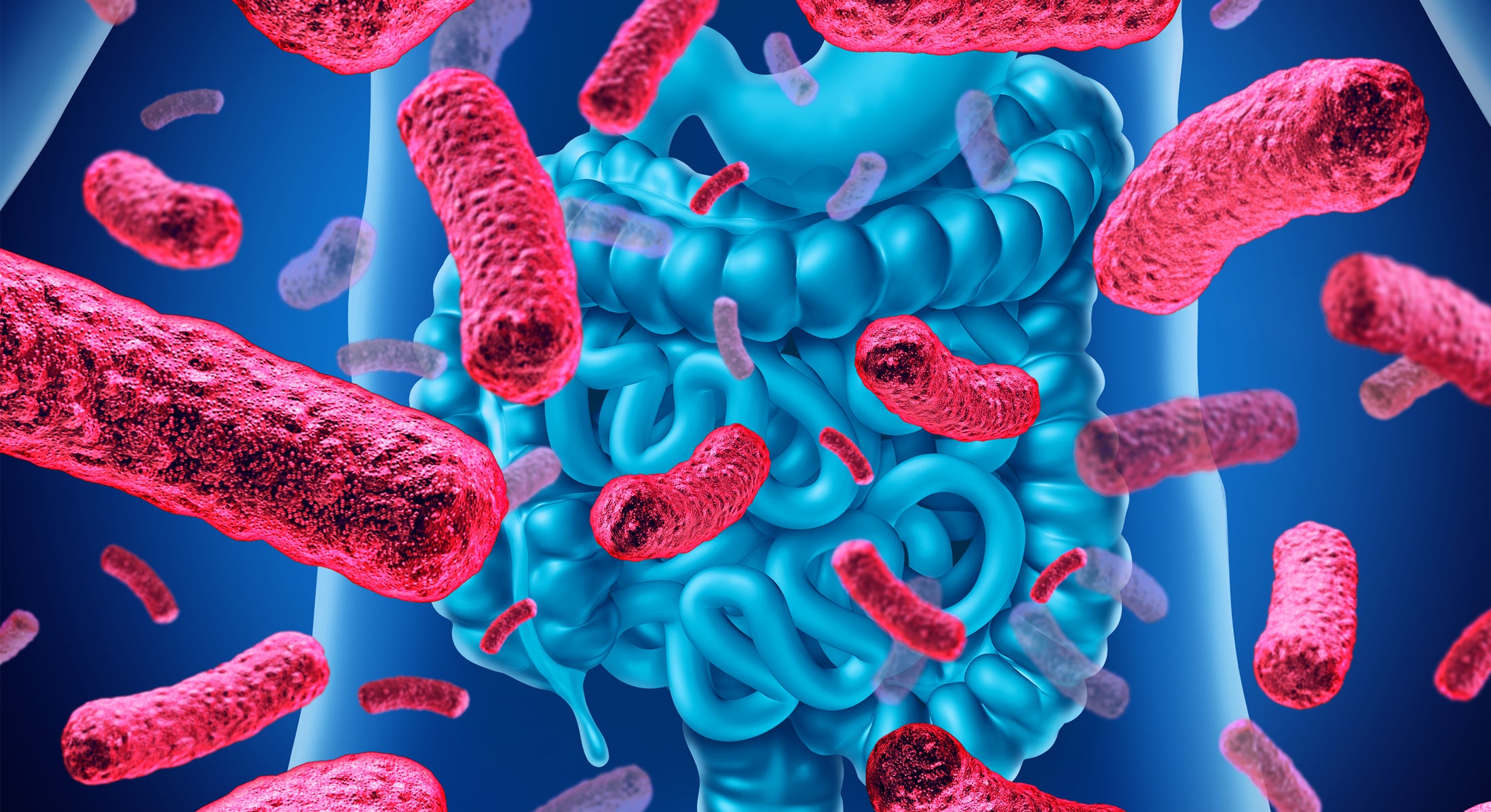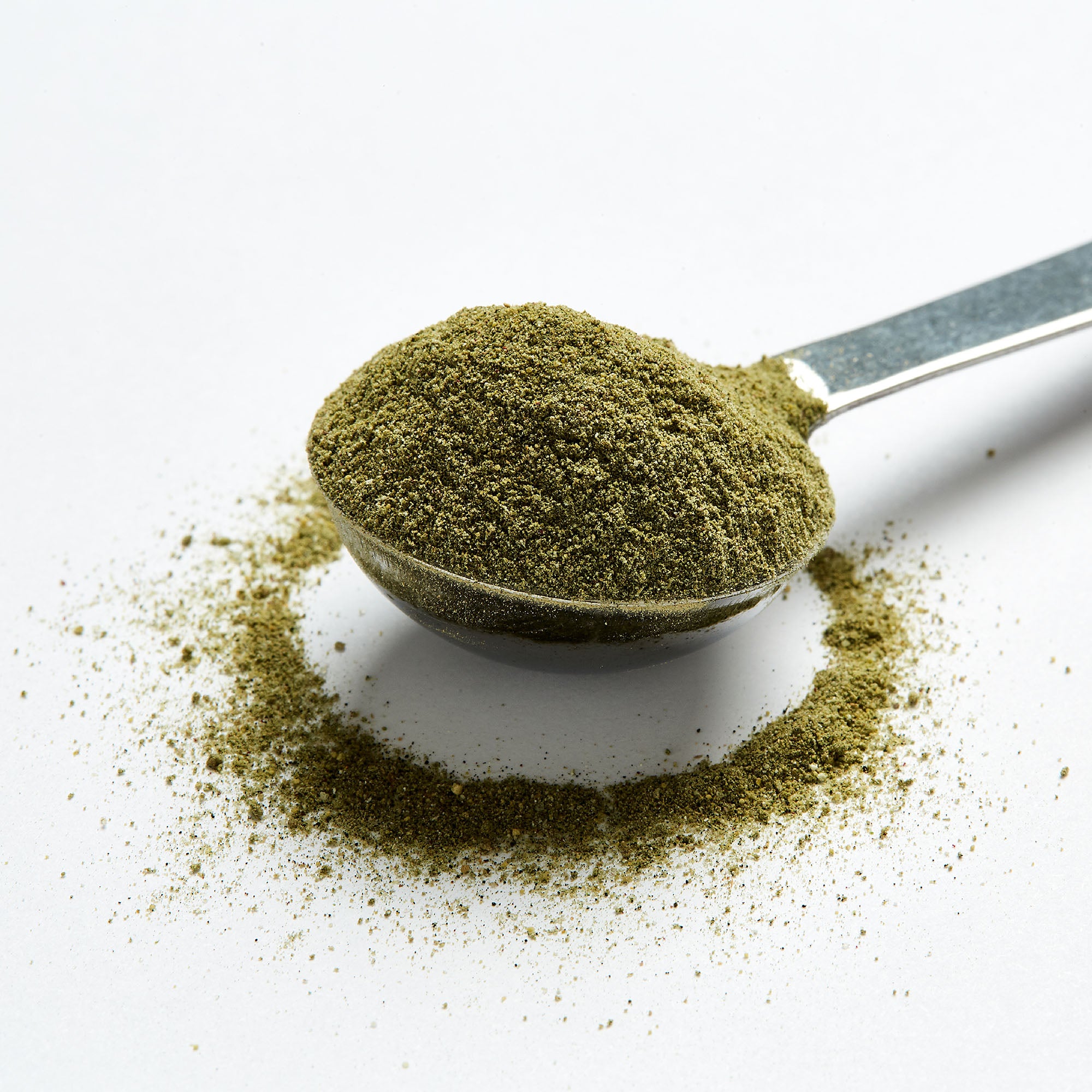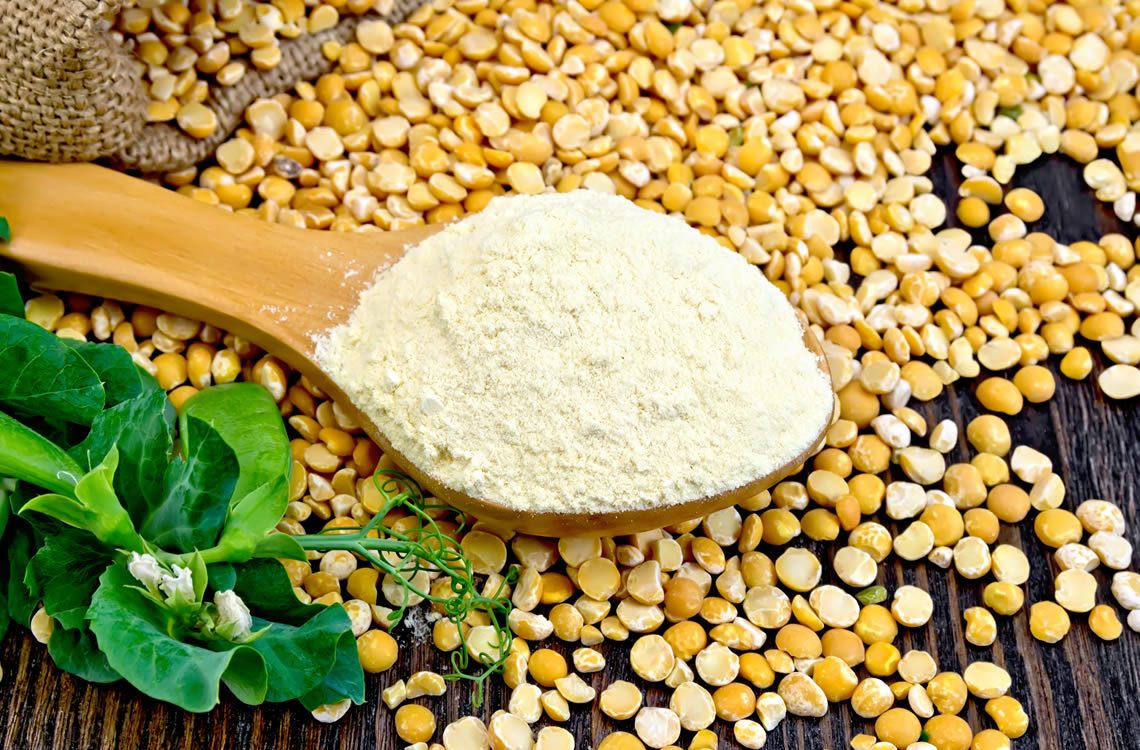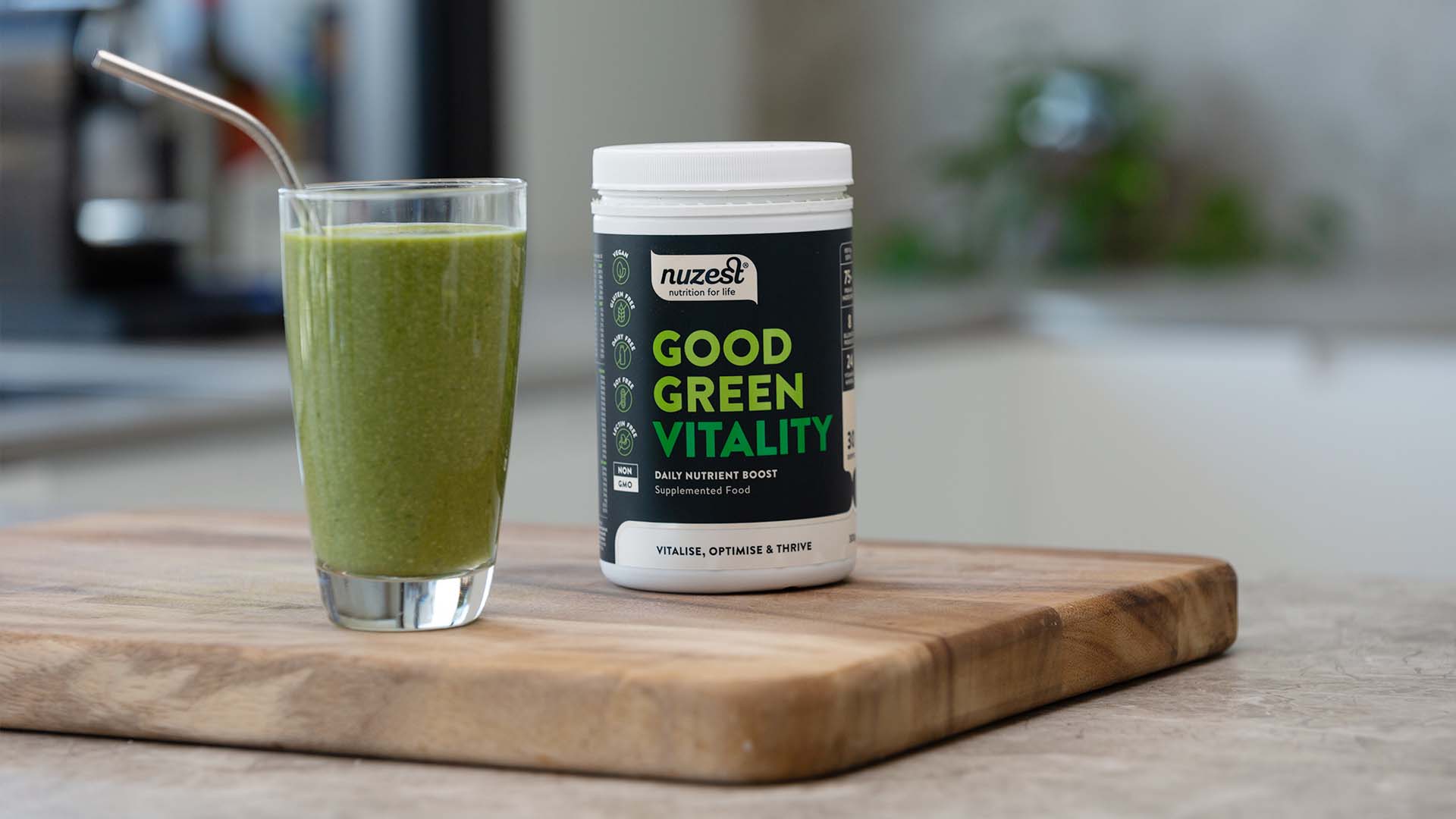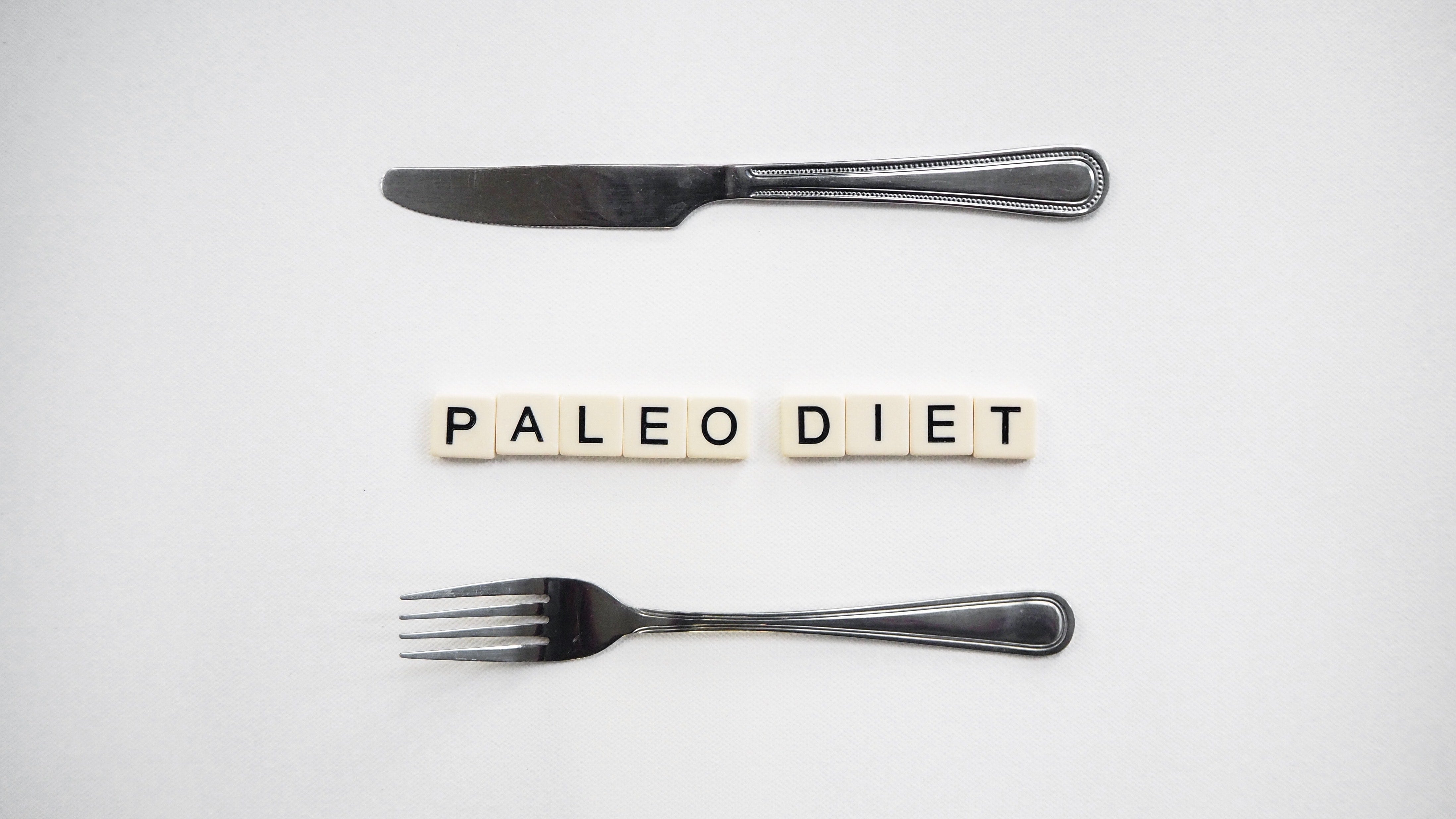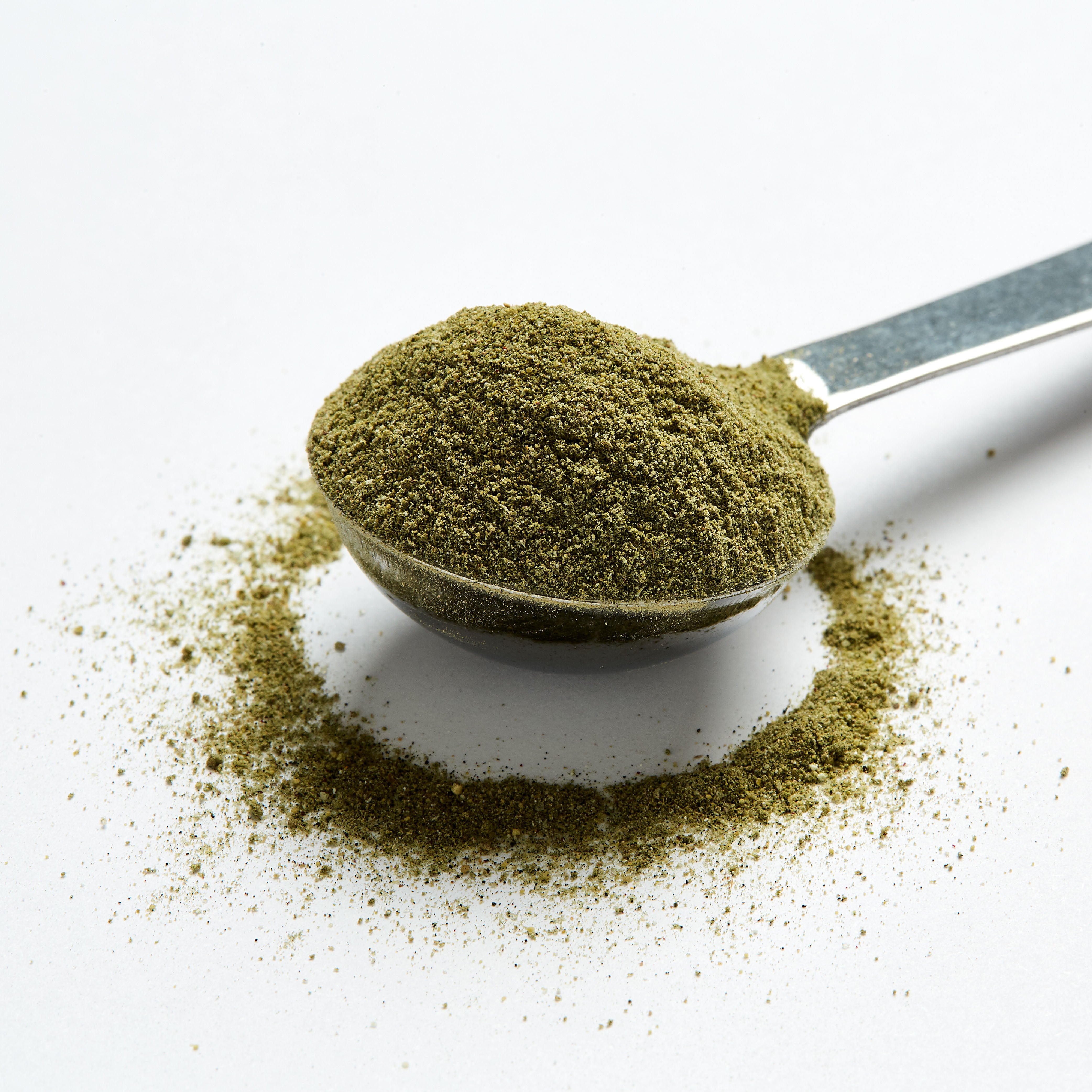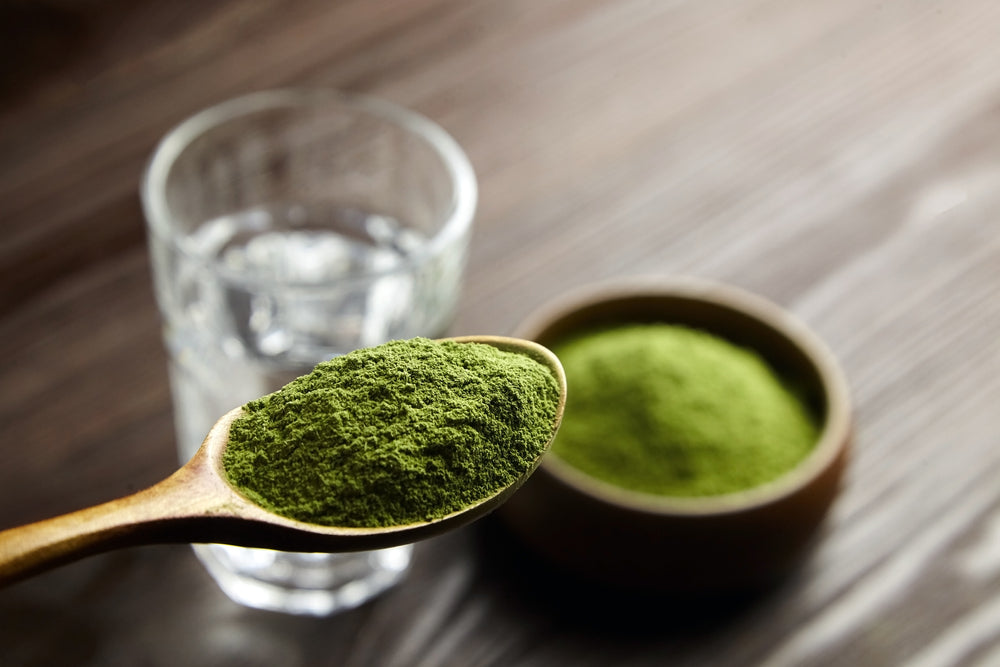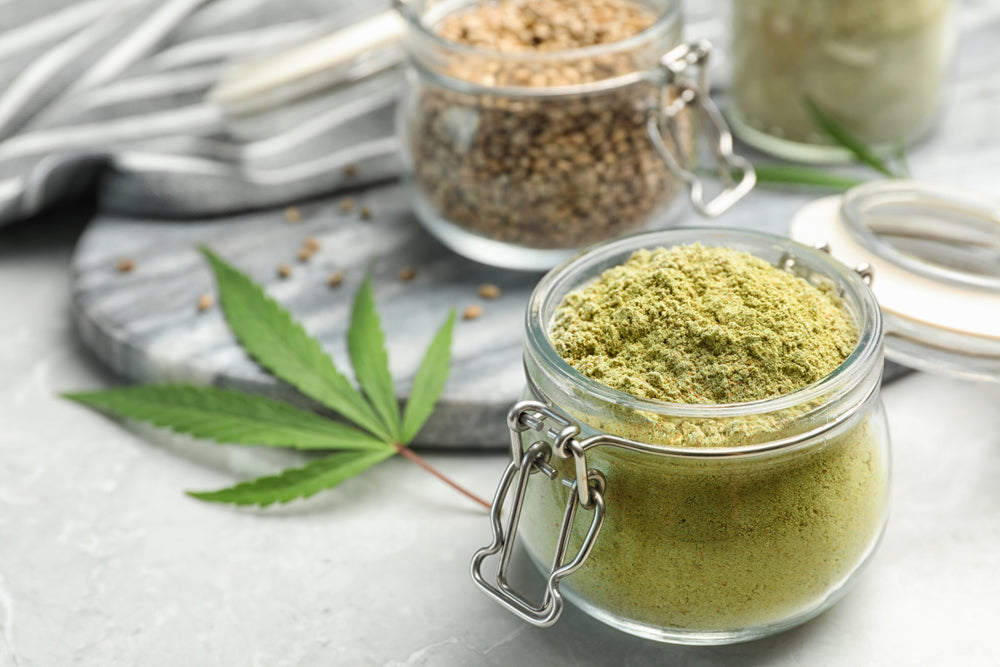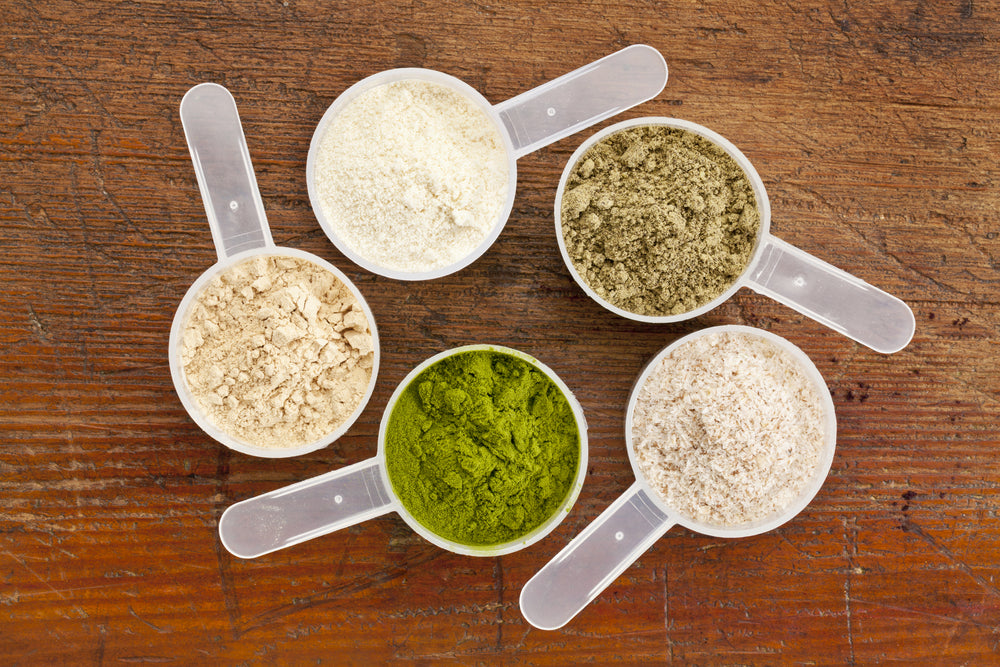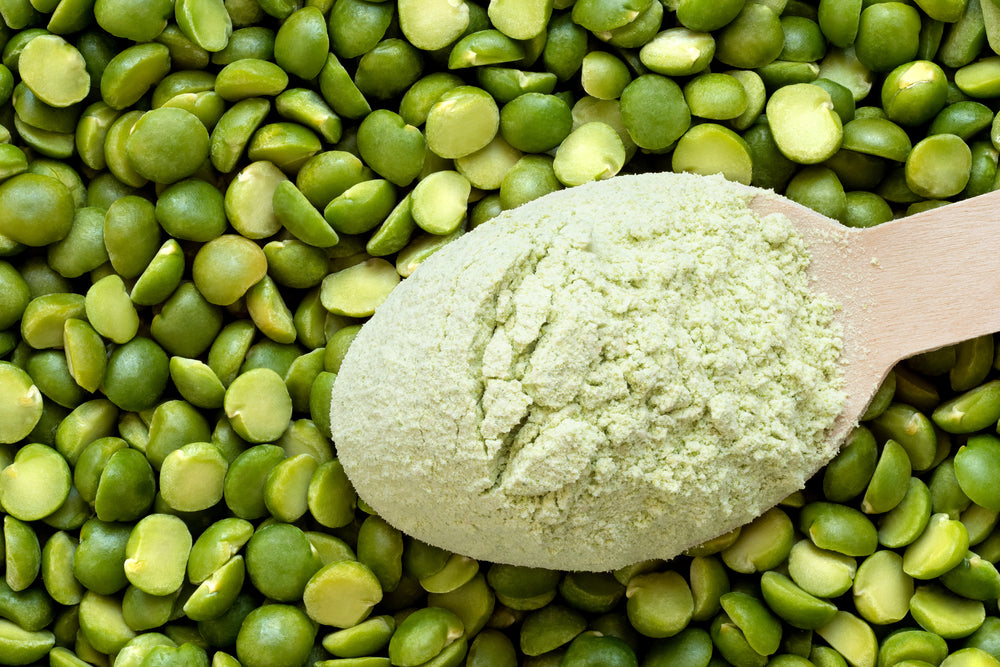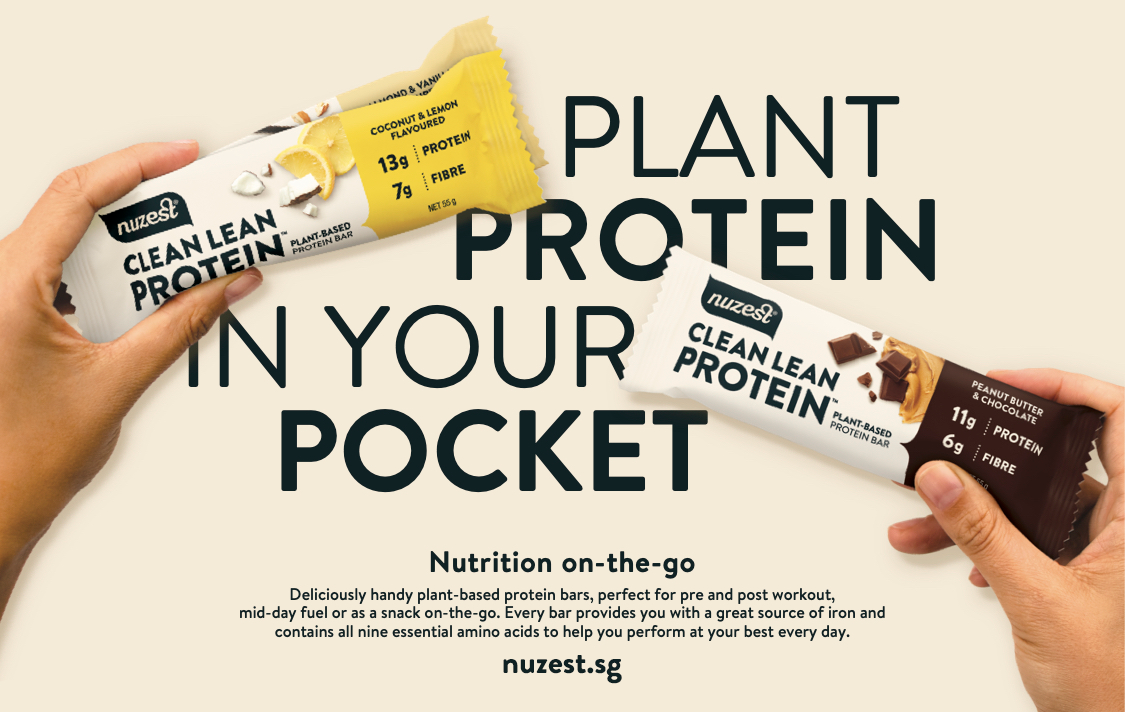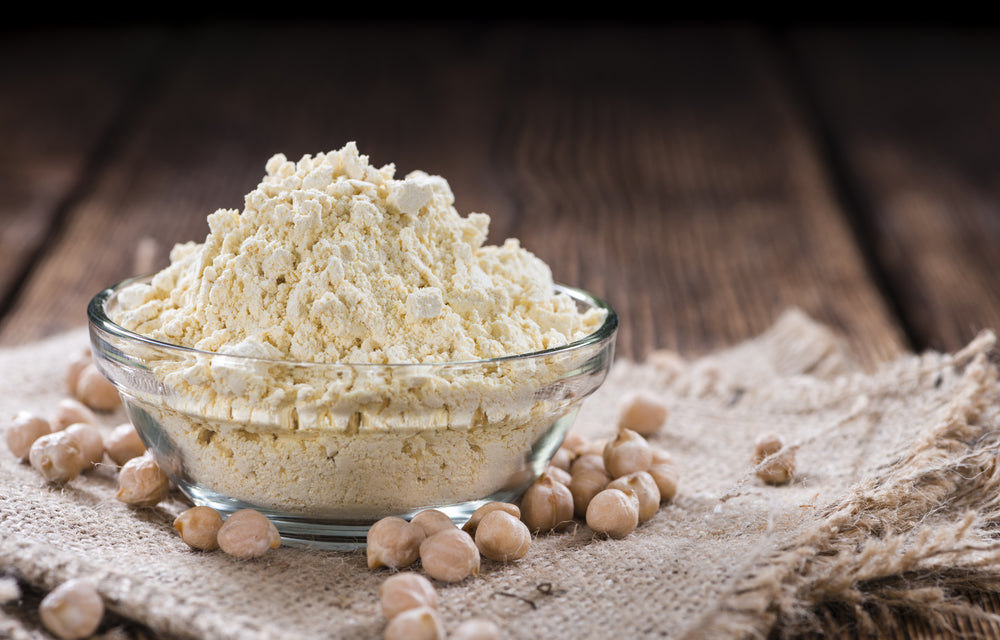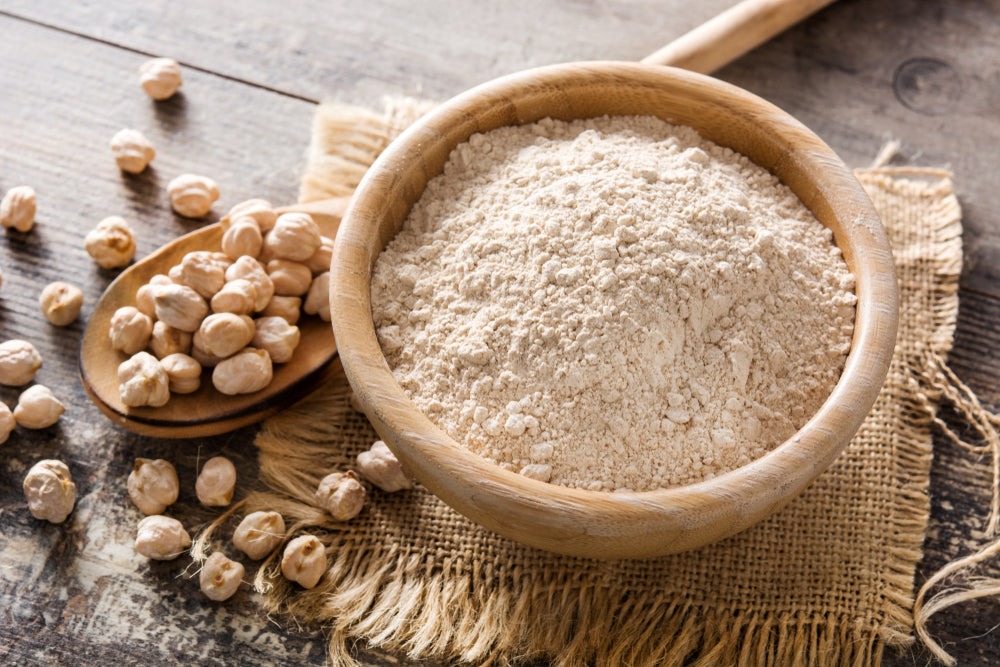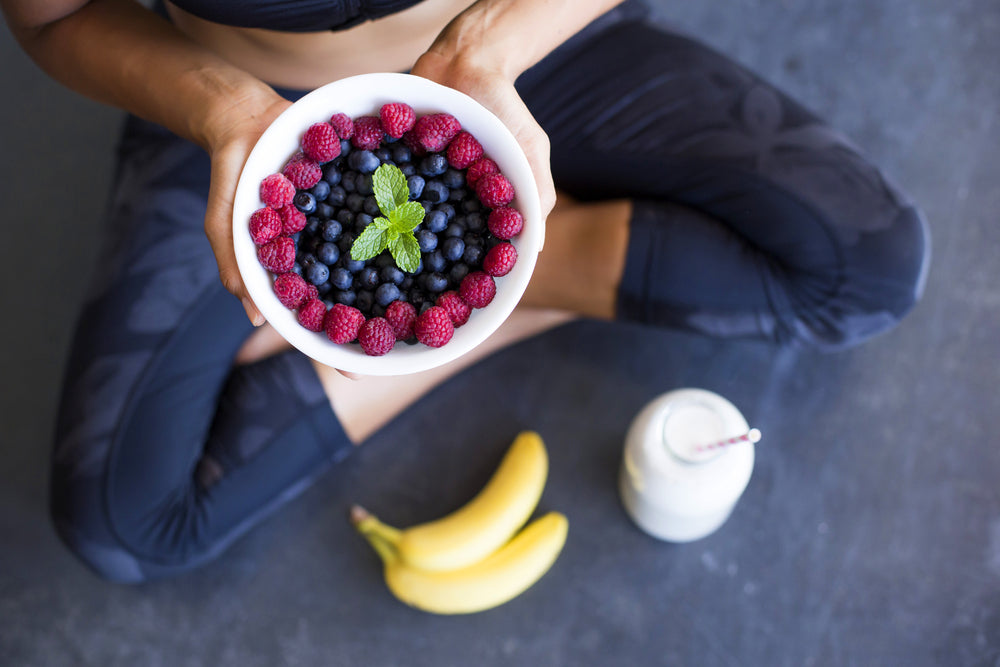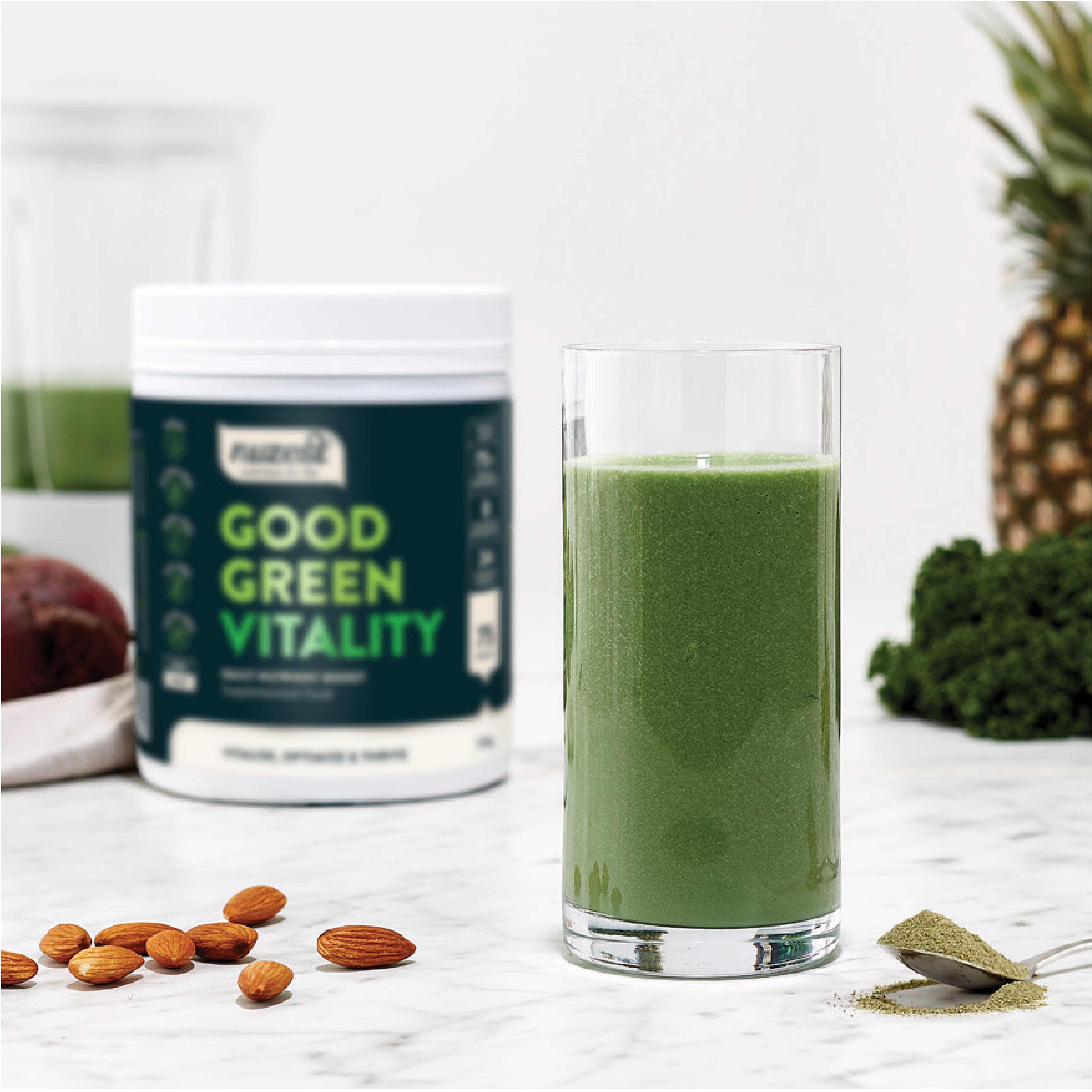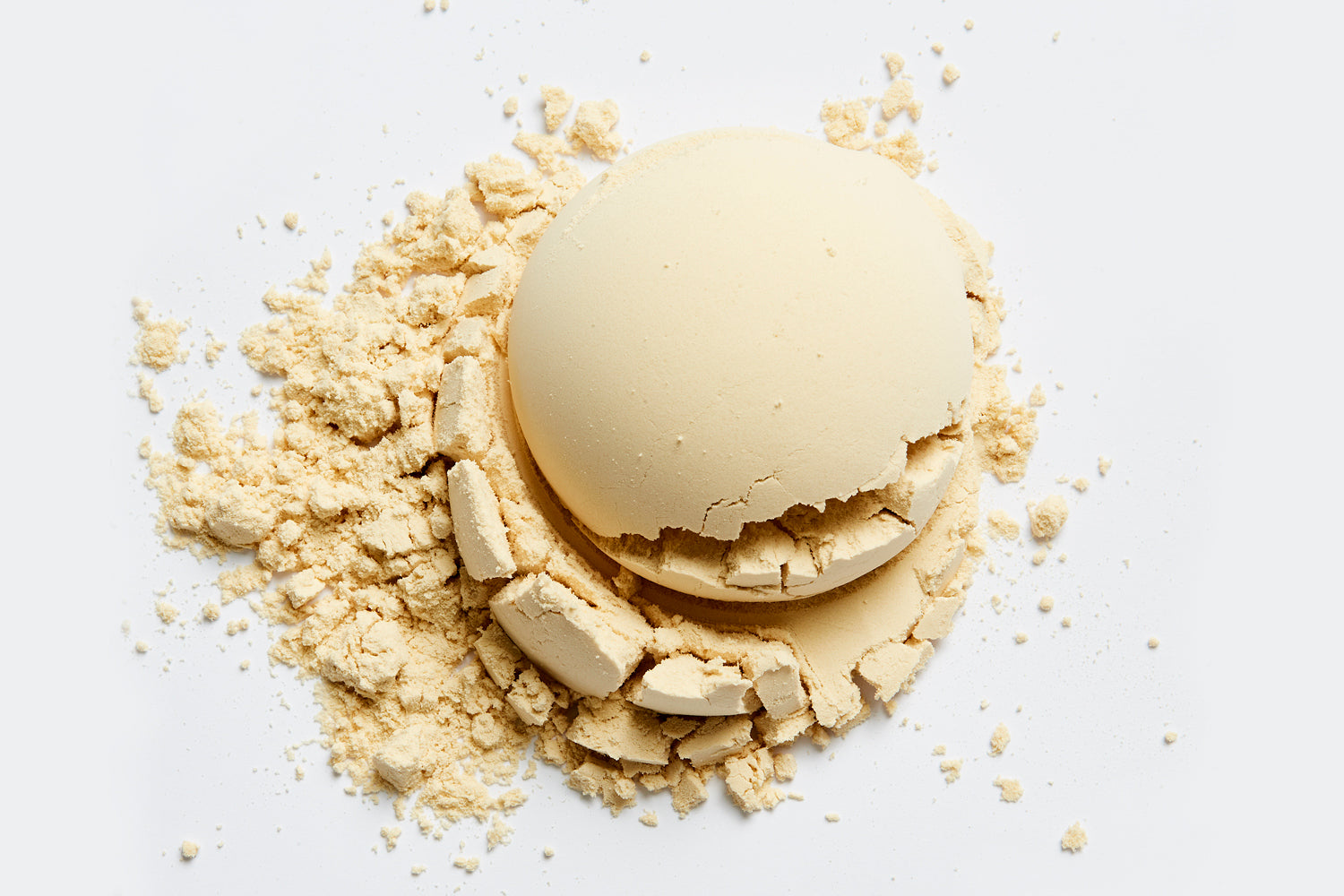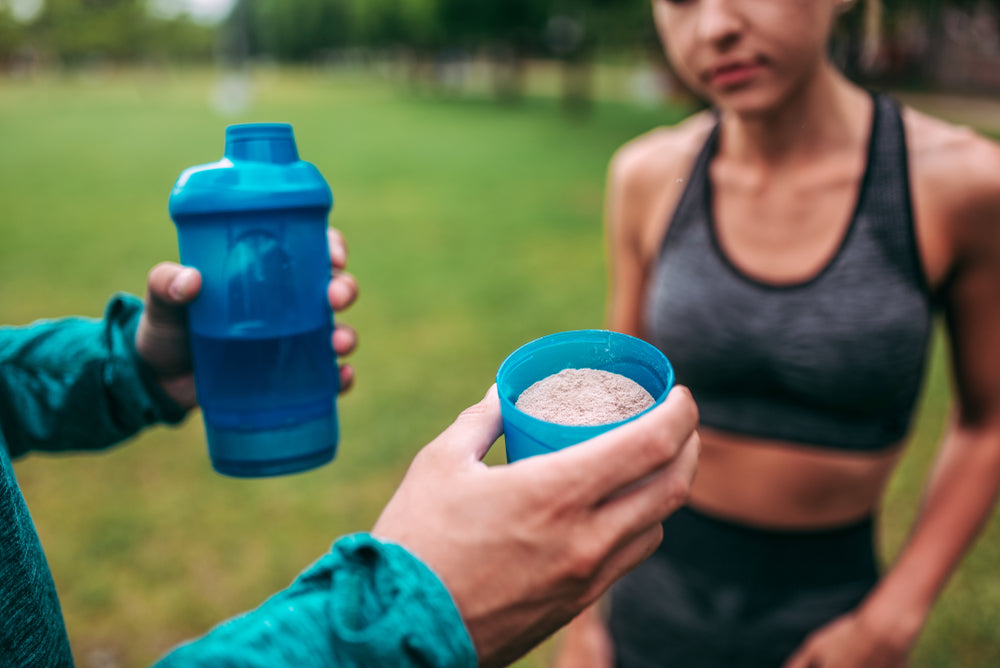Proteins
Introduction
Proteins are one of the three key macromolecules which are essential in the human diet, the other two being that of carbohydrates (sugars) and lipids (fats). In this trinity, it could be argued that proteins rank chiefly. Indeed, the origin of the word protein is the Greek word 'proteios' which means prime or primary. This is an apt etymology, as proteins form the most fundamental component of human tissues. A diet without protein is a non-sustainable one for the reason that proteins confer the body with nitrogen, sulphur and hydrocarbon skeletons - essential organic components that cannot be provided by carbohydrates or lipids.
Proteins are responsible for a plethora of vital bodily processes and have a myriad of specific roles in various organ systems. As complex macromolecules, proteins are themselves comprised of smaller functional units known as amino acids. Amino acids are bound to one another by peptide bonds, and form long linear chains which are dubbed 'polypeptides'. Most proteins which are consumed in the human diet via animal or plant sources comprise of about 20 different amino acids. This is important, as the proteins themselves have no nutritional value until and unless they are digested by enzymes in the small intestine into amino acids or shorter peptide chains [1].
Functions of Proteins
Proteins are essential in the synthesis of DNA and RNA. DNA and RNA are nucleic acids which provide the basis for our genetic code. Without this genetic code, cellular proliferation cannot occur, and our cells would be unable to reproduce and grow. Proteins are also essential in the synthesis of vital neurotransmitters such as dopamine and serotonin - dubbed the 'happy chemicals' that contribute to overall wellbeing and happiness.
Much of the biological properties of a specific protein depends on its physical interactions with other molecules. For example, in the context of our bodily defence mechanisms, protein-based antibodies (also known as immunoglobulins) readily bind to foreign pathogens such as viruses or bacteria to label them for destruction by our white blood cells [2]. In the same vein, proteins are also required for the synthesis of key enzymes. Enzymes are remarkable molecules which catalyse biochemical reactions in the human body to either form or break bonds in cells. These molecules are capable of expediting a chemical reaction by a factor of a million or more! [3] The controlled catalysis of millions of biochemical reactions that occur within the powerhouse that is the human cell, is what makes life itself possible.
Protein Dietary Requirements
The metabolism of proteins is intrinsically linked with total energy levels; this is because the transport of amino acids, detoxification of ammonia (a waste product of protein metabolism), and the excretion of nitrogen-based metabolites require energy. The consumption of daily dietary protein should, therefore, be considered in the context of intake of other energy sources (e.g. sugars and fats). Indeed, although proteins are one of the three energy sources utilizable by humans, they are rather energy inefficient compared to carbohydrates and lipids. Proteins are utilized by the human body for the various functions delineated above, more so than for an energy source.
The daily dietary requirements of amino acids and proteins are affected by 4 main factors. First, are dietary factors such as the content and proportion of proteins, total energy intake, and level of processing of the proteins. Second, are the physiological characteristics of the human, such as age, sex, genetic makeup, hormonal balance, pregnancy and lactation, as well as a level of physical activity. Third, are pathological characteristics of the human, such as trauma, cancer, diabetes, obesity and metabolic syndrome, cardiovascular disease and infections. Last but not least, are environmental factors such as the ambient temperature, presence or absence of toxic pollutants, sanitation and personal hygiene.
Taking all these factors into account, the recommended daily allowance (RDA) of protein in healthy adults with minimal physical activity is 0.8g of protein per kg body-weight per day. Dietary protein is assumed to be of high quality - this is denoted by a 75% efficiency, meaning that at least 75% of the protein is utilized by the body.
In individuals who undergo moderate to intense physical activity (e.g. endurance training or strength training), the American Dietetic Association recommends that the RDA be 1.3 - 1.6g of protein per kg body-weight per day. Evidence also suggests that the inclusion of high-quality plant-based proteins can stimulate muscle growth [4].
Plant Protein vs Animal Protein
There is no doubt that protein is an essential nutrient in the human diet. Increasing research efforts have been directed recently into examining the purported health benefits of plant-based protein as opposed to animal-based protein. Both animal and plant-based foods are excellent sources of protein. While animal-sourced foods (e.g. meat, dairy, eggs and seafood) contain higher quantities of overall amino acids than plant-sourced foods (e.g. what, corn, vegetables, beans, peas, soy, nuts etc.), current evidence supports the notion that cardiovascular risk can be mitigated with a diet which incorporates more plant sources of protein instead of the typical animal-based protein diet [5].
Very few studies have assessed the post-protein ingestion muscle synthesis response to animal proteins versus plant proteins. It still remains to be seen if the age-old belief that animal protein promotes the synthesis and growth of muscle more so than plant protein is true. What is conclusive however, is that plant protein intake is associated with higher skeletal muscle mass in select populations (particularly in the elderly) [6]. A clinical trial conducted just 4 years ago also showed that pea proteins which were orally supplemented, promoted muscle thickness gains protein during strength training in a double-blinded, randomised, placebo-controlled trial [7]. There was no statistically significant difference in muscle gains seen between individuals who were supplemented with pea protein, and individuals who were supplemented with whey protein.
References for Further Reading
- Wu, G., Dietary protein intake and human health. Food Funct, 2016. 7(3): p. 1251-65.
- Schroeder, H.W., Jr. and L. Cavacini, Structure and function of immunoglobulins. J Allergy Clin Immunol, 2010. 125(2 Suppl 2): p. S41-52.
- Agarwal, P.K., Enzymes: An integrated view of structure, dynamics and function. Microbial cell factories, 2006. 5: p. 2-2.
- van Vliet, S., N.A. Burd, and L.J. van Loon, The Skeletal Muscle Anabolic Response to Plant- versus Animal-Based Protein Consumption. J Nutr, 2015. 145(9): p. 1981-91.
- Richter, C.K., et al., Plant protein and animal proteins: do they differentially affect cardiovascular disease risk? Advances in nutrition (Bethesda, Md.), 2015. 6(6): p. 712-728.
- Miki, A., et al., Protein Intake, Especially Vegetable Protein Intake, Is Associated with Higher Skeletal Muscle Mass in Elderly Patients with Type 2 Diabetes. Journal of diabetes research, 2017. 2017: p. 7985728-7985728.
- Babault, N., et al., Pea proteins oral supplementation promotes muscle thickness gains during resistance training: a double-blind, randomized, Placebo-controlled clinical trial vs. Whey protein. J Int Soc Sports Nutr, 2015. 12(1): p. 3.


